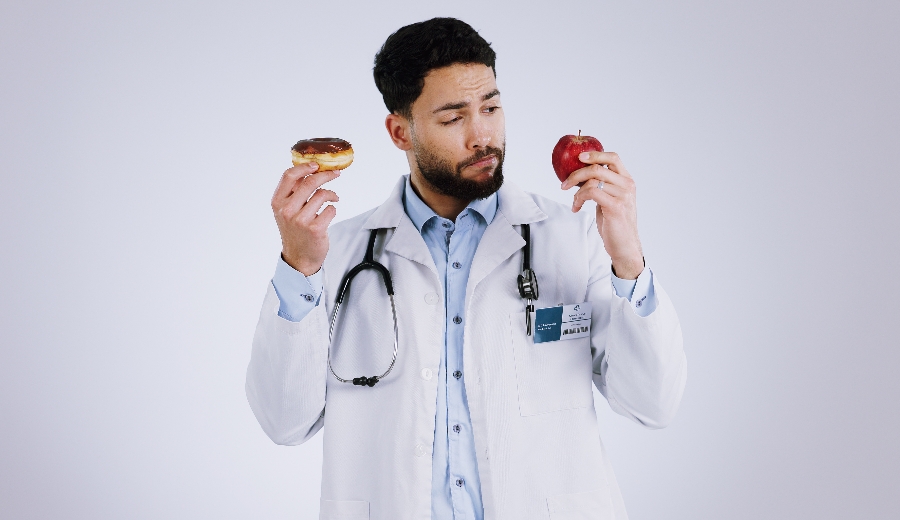Eating Disorders
Eating Disorders
At our Eating Disorder Treatment Clinic in Australia, we are dedicated to providing compassionate, evidence-based care for individuals struggling with disordered eating. Whether it’s Anorexia, Bulimia, Binge Eating Disorder, or other eating-related challenges, our team of specialists offers personalised treatment plans that address the whole person—body, mind, and emotions. We combine medical monitoring, psychological therapy (including CBT and DBT), and nutritional support in a safe, non-judgmental environment. With a strong focus on early intervention, long-term recovery, and relapse prevention, we work alongside each client to rebuild a healthy relationship with food and self. Our multidisciplinary team includes experienced clinicians, dietitians, and mental health professionals, all committed to helping you or your loved one find lasting healing. Located in Australia, we welcome clients from across the country seeking trusted and professional support for eating disorder recovery.


Eating Disorders and ADHD: The Overlooked Link That Demands Treatment
When we think of ADHD, we often imagine restlessness or trouble focusing—but the reality is far more complex. ADHD is a lifelong neurodevelopmental disorder that continues into adulthood for up to 60% of individuals. Yet, due to stigma, misdiagnosis, and symptom overlap with other mental health conditions, many adults remain untreated. Alarmingly, only 11% of people with ADHD receive the care they need.
How ADHD Fuels Disordered Eating—and Why Treatment Matters
What’s often missed is the strong connection between ADHD and eating disorders. Impulsivity, poor emotional regulation, and reward-seeking behaviors—hallmarks of ADHD—can significantly increase the risk of developing Binge Eating Disorder (BED), bulimia, and other forms of disordered eating. These individuals may find themselves trapped in cycles of overeating, shame, and emotional turmoil without understanding the root cause.
Left untreated, both ADHD and the resulting eating disorders can reinforce each other, deepening psychological distress. That’s why integrated treatment is essential. By addressing both ADHD and disordered eating in a supportive, evidence-based framework, individuals can begin to rebuild a healthy relationship with food and themselves.
ADHD, Mental Health, and Eating Disorders: A Complex Connection
ADHD often co-exists with depression, anxiety, bipolar disorder, and chronic insomnia—conditions that can intensify emotional dysregulation and fuel disordered eating. In fact, many with ADHD remain undiagnosed, using food as a way to cope with impulsivity, stress, and mood swings.
At our Eating Disorders Treatment Clinic, we specialise in treating eating disorders linked to ADHD and co-occurring mental health challenges. Our integrated approach addresses bingeing, emotional eating, and the root causes behind them—providing personalised, compassionate care that treats the whole person.


ADHD, Mental Health, and Eating Disorders: The Overlooked Link
ADHD often co-exists with conditions that worsen emotional distress and fuel disordered eating:
Depression affects over 50% of those with ADHD, often triggering emotional eating.
Treatment-resistant depression may mask undiagnosed ADHD, leaving eating issues unaddressed.
Bipolar disorder adds mood instability, contributing to erratic eating patterns.
Anxiety disorders impact nearly half of those with ADHD, amplifying food-related distress.
Chronic insomnia may be an early sign of ADHD, disrupting emotional balance.
Undiagnosed ADHD is a hidden cause of binge eating and emotional dysregulation.
At our Eating Disorders Treatment Clinic, we focus on treating both the eating disorder and the underlying ADHD for lasting recovery.
Personalised Treatment for Eating Disorders and ADHD
At our Eating Disorders Treatment Clinic in Australia, we focus on the deep connection between ADHD, disordered eating, and mental health. Our specialised, evidence-based care targets the root causes of bingeing, emotional eating, and impulsive food behaviours—helping individuals heal their relationship with food and reclaim their well-being.

ADHD Health Care Team
• Educational coaching
• Neurocognitive testing
• Psychological therapies
• Trauma work
• Diagnostic assessment
• Medications recommendations
• Schedule 8 medications – optional support
• Multidisciplinary care planning
• Work&Study support
• Binge-eating behaviour modification
• Meal plan management
• Diet and lifestyle regulation
• Building nutrition awareness



